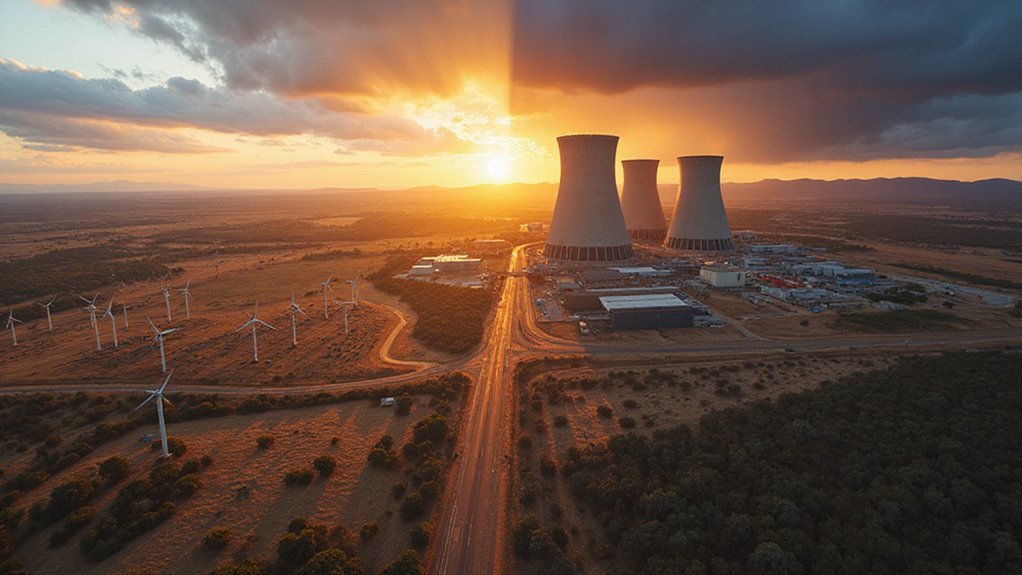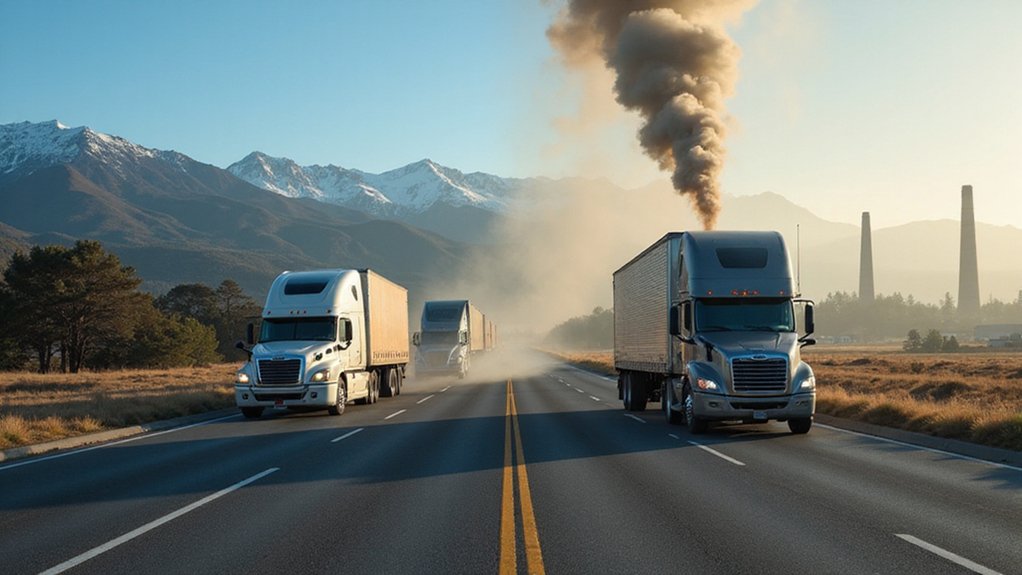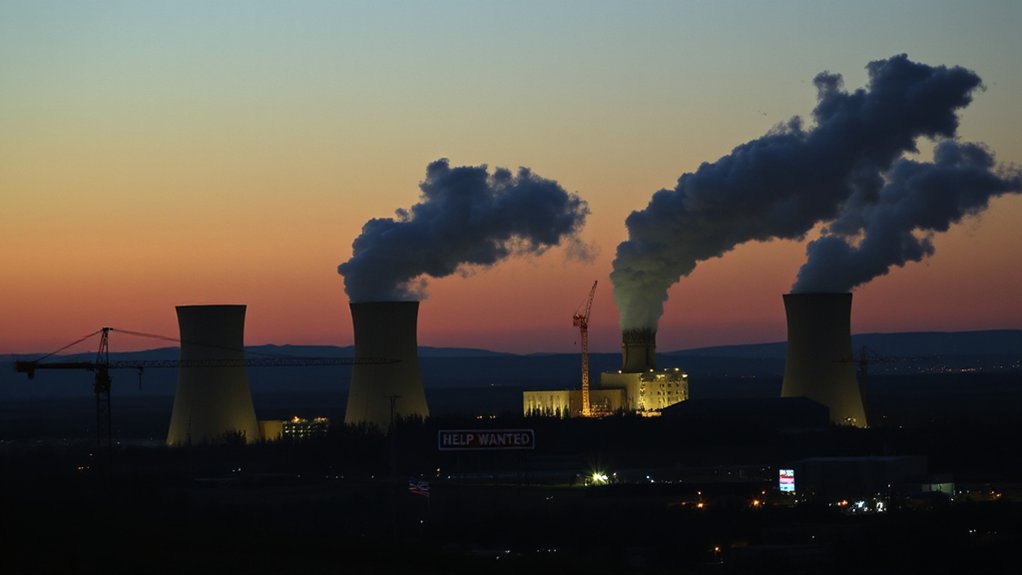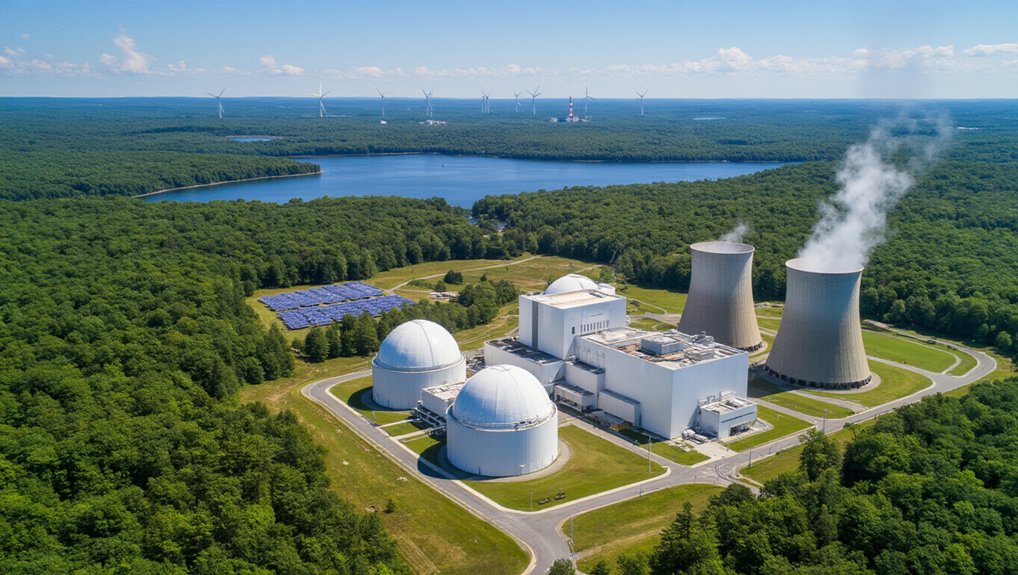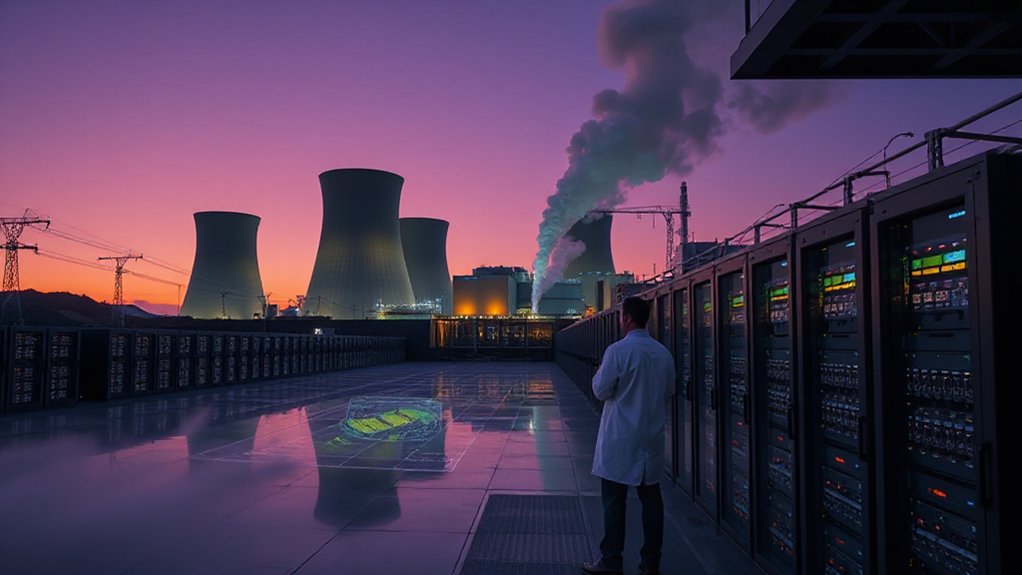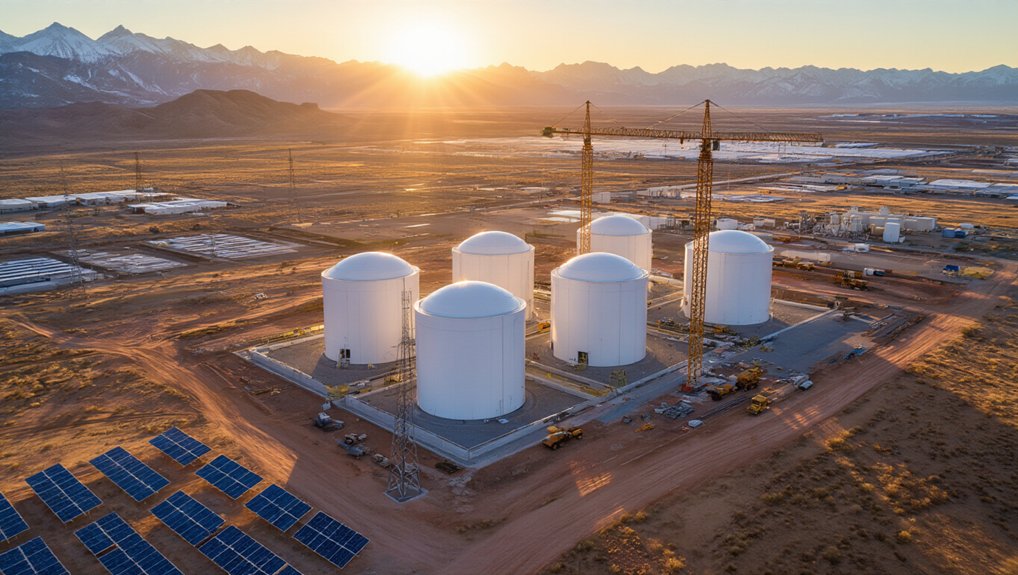Australia’s 2025 election has turned into a heated battle over energy policy. Opposition leader Peter Dutton proposes building seven nuclear plants, challenging Australia’s longstanding nuclear ban. The Coalition claims this $600 billion plan guarantees energy security, while Labor pushes for renewables. Critics warn nuclear power could cost trillions, raise household bills by $665 annually, and hamper climate goals. The outcome will shape Australia’s energy landscape for decades to come.
As Australia prepares for a general election in May 2025, a heated debate about the nation’s energy future has taken center stage. The opposition Coalition is proposing a nuclear energy pathway that stands in stark contrast to the ruling Labor party‘s focus on renewable energy.
The Coalition’s nuclear plan faces significant hurdles. Nuclear power has been banned in Australia since the late 1990s through the National Radiation and Nuclear Safety Act. It’s currently illegal to build nuclear reactors in every Australian state and territory. The party’s leader Peter Dutton has pledged to build seven nuclear plants across Australia as part of their energy strategy.
Economic concerns loom large in this debate. Climate Energy Finance has estimated that the Coalition’s nuclear plan could cost the Australian economy between $4.3-5.2 trillion by 2050. The Coalition defends its policy position using Frontier Economics modelling and advocates for a “Progressive Change” energy pathway. Households could face higher electricity bills if nuclear power is implemented, with estimates suggesting an annual increase of $665.
Environmental experts have raised alarms about the climate impacts. The Climate Change Authority found that a nuclear pathway would result in an additional two billion tonnes of greenhouse emissions and is consistent with 2.6°C of warming, violating Paris Agreement goals. Renewable energy alternatives would be more effective in limiting global warming to the critical 1.5°C threshold established by climate scientists.
Australia’s current energy landscape is dominated by coal, which provided 46% of electricity generation in 2023. The Labor government is pursuing an 82% renewable electricity target by 2030 through its Future Made in Australia plan.
Legal changes would be necessary to implement a nuclear policy. The Commonwealth Environment Protection and Biodiversity Conservation Act prevents construction of nuclear power facilities, and all states maintain legal barriers to nuclear energy.
Expert assessments largely favor continuing Australia’s renewable focus. The Climate Change Authority recommends maintaining the current approach, and University of Melbourne experts have identified nuclear as a “lengthy, expensive and potentially harmful energy source.”
As election day approaches, Australians face a clear choice between two energy futures: Labor’s renewables-led decarbonization versus the Coalition’s nuclear vision. This decision could shape Australia’s economy, environment, and energy landscape for decades to come.
References
- https://www.carbonbrief.org/australia-election-2025-where-parties-stand-on-climate-change-energy-and-nature/
- https://climateenergyfinance.org/wp-content/uploads/2025/04/fnLNP-nuclear-policy-will-cost-the-Australian-economy-at-least-4.3-trillion-by-2050.pdf
- https://pursuit.unimelb.edu.au/articles/10-reasons-why-nuclear-energy-is-a-bad-idea-for-australia
- https://thedailyaus.com.au/politics/coalition-nuclear-power-plan-28-04-2025
- https://influencemap.org/briefing/2025-Australia-Election-Briefing-32075
